Master's in Science and Technology for Innovation in Global Development


WPI’s new global MS in Science and Technology for Innovation in Global Development focuses on global technology and development and combines your passion for technological and scientific innovation with cross-cultural design thinking to address pressing challenges and create change that will impact people and communities around the globe.
This master’s in global technology and development program will change the way you consider problem-solving approaches to challenges in your home community or in communities around the world. In a world where social concerns have a global reach with local implications, identifying sustainable solutions that promote resilience are more complex than previously thought. Whether you have a BA or a BS, this degree program offers opportunities to create change that makes a positive difference in people’s lives.
Program Summary
The Science and Technology for Innovation in Global Development program at WPI offers a transdisciplinary graduate experience that provides you with the confidence to facilitate socio-technical innovations in your area of focus. Regardless of your professional goals—academia, the private sector, NGOs, or government—your training will help you drive positive change in global development through purpose-driven action and interdisciplinary collaboration.
Our faculty have core competencies in the following areas: complex systems thinking, materials science, biomedical devices, digital development and AI, climate and environmental robotics, green design, green energy, and cross-cultural STEM education.
Core Competencies
- Complex Systems Thinking
- Digital Development and AI
- Green Design
- Biomedical Devices
- Policy/Program Evaluation, Monitoring, and Assessment
- Cross-Cultural STEM education
- Waste Recovery
- Economic Development
- Social Entrepreneurship
A Student Perspective of this Degree
Hear Rachel Santarsiero discuss how the MS program has provided her with the tools and knowledge to tackle global issues through technology, and how it’s prepared her to create impactful solutions.
A Student Perspective of this Degree
Hear Enis Agyeman Boateng as he shares his insights on how the Science and Technology for Innovation in Global Development program has helped him shape innovative solutions to address global challenges.
A Student Perspective of this Degree
Hear Rachel Santarsiero discuss how the MS program has provided her with the tools and knowledge to tackle global issues through technology, and how it’s prepared her to create impactful solutions.
A Student Perspective of this Degree
Hear Enis Agyeman Boateng as he shares his insights on how the Science and Technology for Innovation in Global Development program has helped him shape innovative solutions to address global challenges.
A Student Perspective of this Degree
Hear Rachel Santarsiero discuss how the MS program has provided her with the tools and knowledge to tackle global issues through technology, and how it’s prepared her to create impactful solutions.
Curriculum
The MS in science & technology for innovation in global development is a 30-credit hour global MS program. You’ll personalize your course of study by choosing electives that follow a logical path for deepening your understanding of one area. Program requirements will vary based on the concentration, but all include thematically related coursework and research.
You and your committee will choose three core fields of study, one of which is technical, and show their relationship. This degree will give you the global technology and development skills and knowledge you’ll need to
- show a broad understanding of critical design thinking and how it applies to your work;
- assess the suitability of different research methods for a range of socio-technical problems;
- demonstrate cultural competence in at least one area; and
- work with different disciplines that operate at the nexus of global innovation development.
Areas of Concentration
- Biology
- Biomedical Engineering
- Chemistry and Biochemistry
- Economics
- The Business School
- Civil and Environmental Engineering
- Data Science
- Interactive Media and Gaming
Requirements for the Master's in Science and Technology for Innovation in Global Development Program
- Core Coursework Requirement (15 Credits)
- Graduate Qualifying Project/MS Thesis (3–9 Credits)
- Areas of Concentration (9–12 Credits)
The BS/MS and BA/MS degree with a Graduate Qualifying Project can be completed in 12 months. The thesis option will typically take one-and-a-half to two academic years. If you plan to add a language to your study, the program will take two years.
Research
Students in the master’s in global technology and development will find their research performed in classrooms at WPI and in places as close as WPI’s hometown of Worcester to one of more than 50 global project centers around the world.
At WPI, we have rethought the design process for responding to interventions in community development, the environment, product design, policy making, and education. Because of that broad approach, the global master’s program will prepare you for careers in business innovation and development, government, policy, nonprofit organizations, foreign service, foundations, or academia.
Research and scholarship are often done through WPI’s Development Design Lab. The research strives to improve the human condition using the expertise and life experiences of diverse scholars who work across disciplines to develop social change and supportive policy development.
Interested in degrees similar to the global MS in science & technology for innovation in global development? Explore our Science, Technology & Policy (BS) where your studies will put you at the intersection of society and technology and how those influence global issues.

The Development Design Lab
The Development Design Lab deploys our values of inclusion and improving the human condition through transformative and transdisciplinary research, application, social change and supportive policy development.
Faculty Spotlight
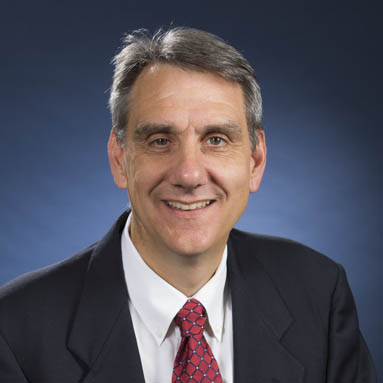
My research has primarily focused on Internet application performance and measurement with more recent work examining issues related to Internet privacy. This work has led to a number of research publications and presentations as well as visibility in venues such as the New York Times, Wall Street Journal and NPR Science Friday.

Emmanuel Agu is currently a professor in the computer science department at WPI having received his Masters and PhD in electrical and computer engineering at the University of Massachusetts at Amherst. His research interests are in the areas of computer graphics, mobile computing, and wireless networks. He is especially interested in research into how to use a smartphone as a platform to deliver better healthcare.

Navneet Magon Anand is a design strategist, consultant and researcher with a background in Architecture and Sustainability. She is the founder of Design Veritas, a design strategy consultancy and creative studio advocating for human and environmental sustainability and wellbeing. Her research, which focuses on intentional culture design, has a human centered approach beyond the four walls and is built on a core foundation of innovation, sustainability and wellbeing. She is a graduate of McGill University’s School of Architecture and has her MBA in Green Building and Sustainability.
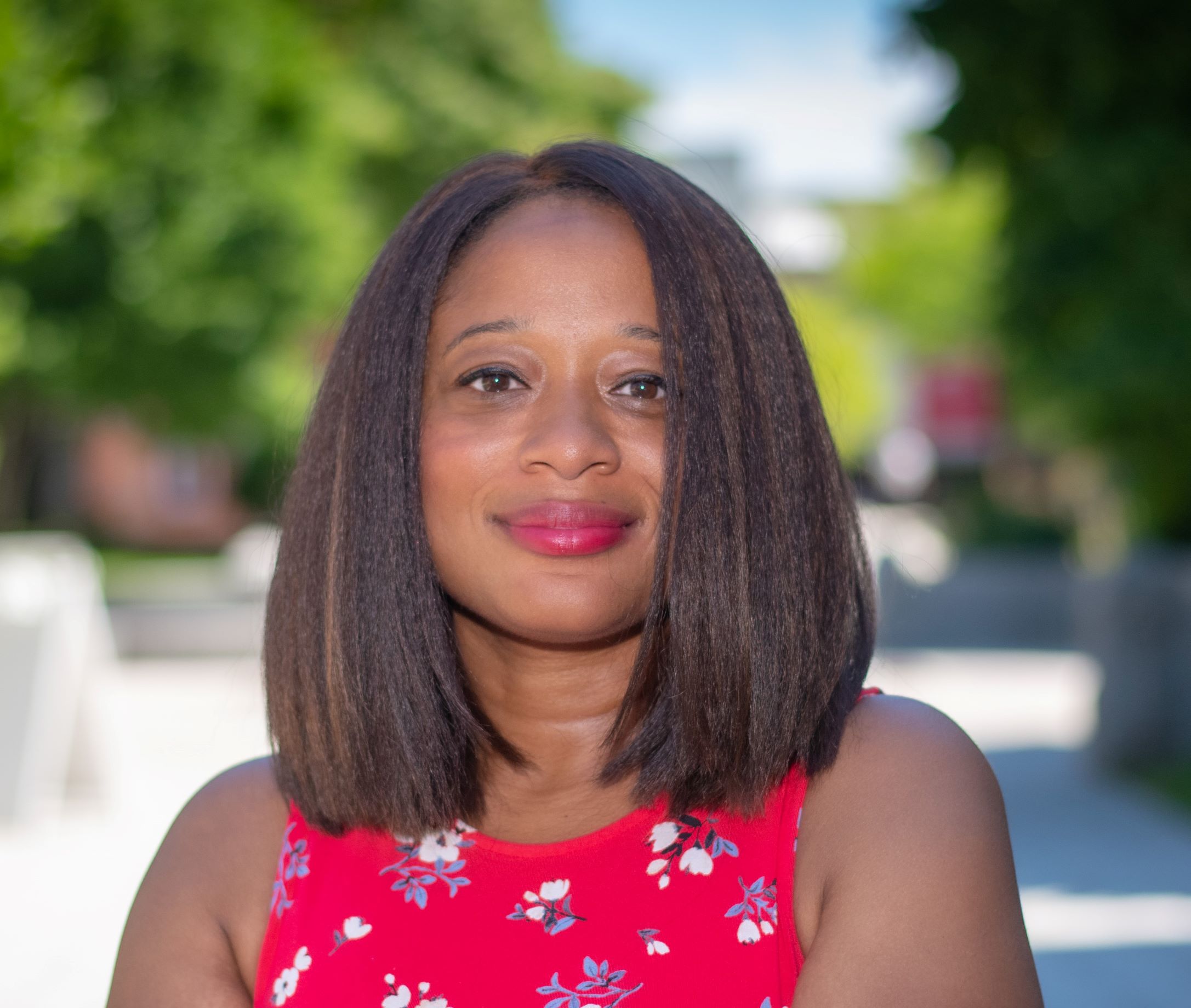
Dr. Crystal Brown earned her Ph.D. in Political Science from the University of Oregon in Comparative Politics, International Relations, and Public Administration. She also has a Master of Public Administration (MPA) from Pennsylvania State University and a certificate in Data Analytics from Harvard University.

I joined WPI in 2011 as a scholar and teacher with training in public health, environmental policy, and international development studies. My research and teaching interests focused on the environment-development nexus, where tensions between sustainability and livelihoods often lead to contentious policy debates.
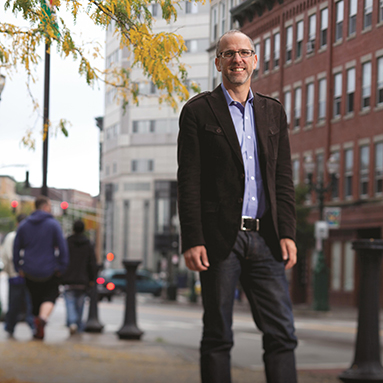
Robert Krueger is a human geographer whose scholarship and teaching focus on creating sustainable, socially just, improvements to development projects in the global north and south. His work has taken him around the world. He has worked in countries in North America, Europe, Asia, and Africa, on issues of economic development and institutional change. His scholarship and teaching challenge conventional notions of economic development, economy-environment relationships, and social change.
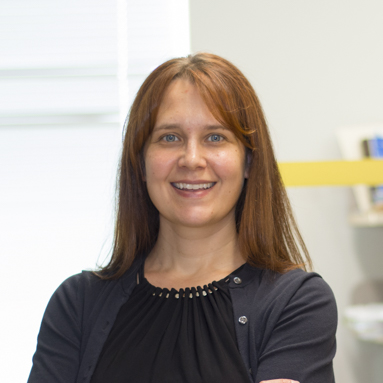
Research in the Mattson Group is a combination of catalyst design, methodology development, and complex molecule synthesis. Our catalyst design program is focused on the synthesis and study of new families of non-covalent catalysts, including boronate ureas and silanediols, that are able to promote new reactivity patterns. The catalyst design and associated reaction development programs are currently geared toward the synthesis of enantioenriched nitrogen and oxygen heterocycles that frequently appear in naturally occurring bioactive compounds.
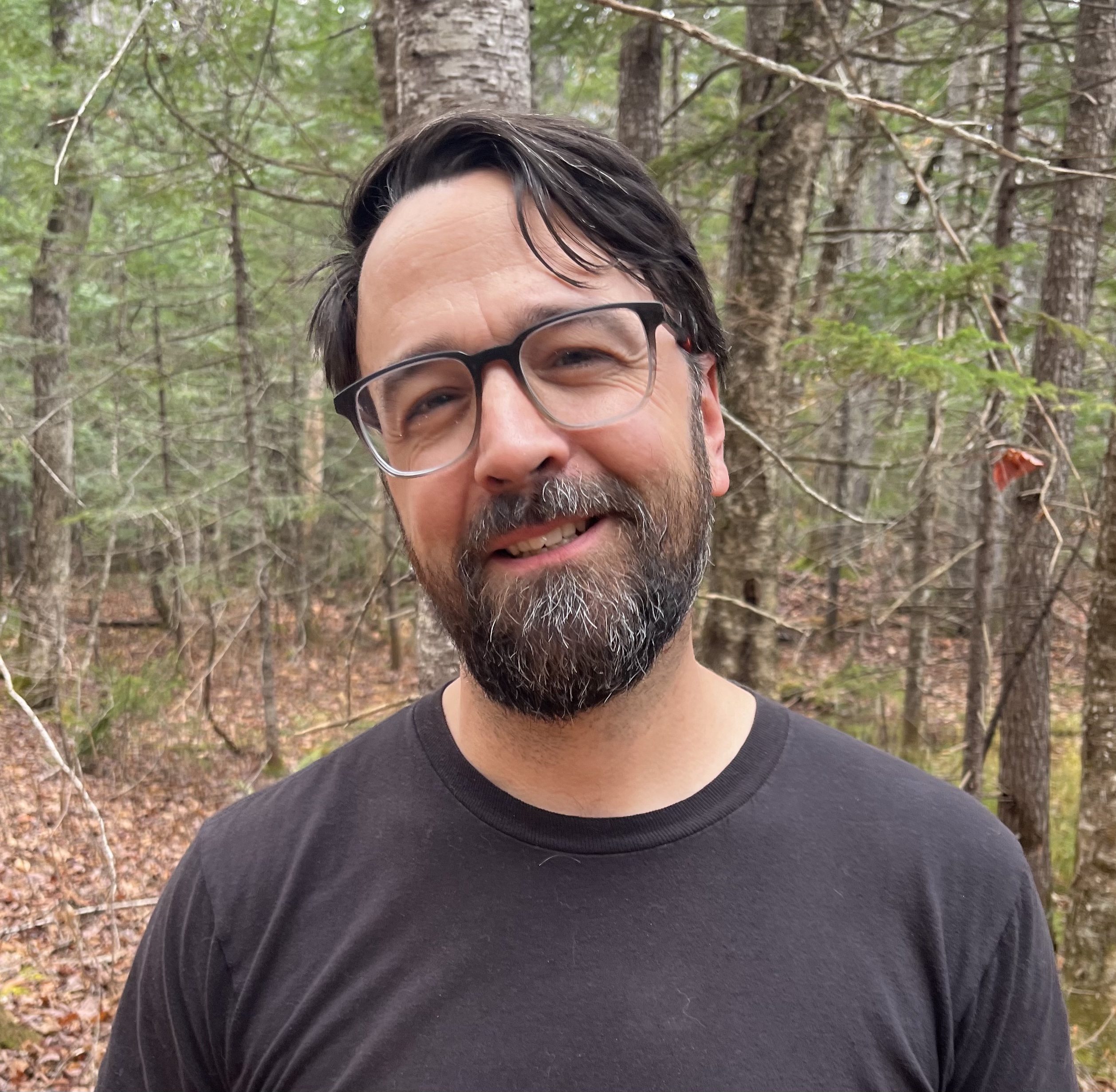
My areas of expertise in philosophy and social theory are in social and political philosophy, Marxism, global justice, development ethics, and also Critical Pedagogies. I teach philosophy courses, global studies courses, and for the Great Problems Seminars program (currently I co-teach the Seeking Sustainability and the Climate Change courses for this program).
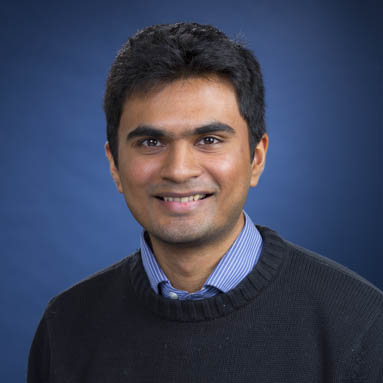
My research is aimed at discovering, understanding and developing advanced materials for a range of applications including solar energy conversion, catalysis, printed electronics, sensors, and functional coatings. Our lab specializes in the synthesis of nanostructured thin film materials using scalable processes. Students and researchers in my lab can expect to work on highly interdisciplinary projects at the intersection of materials science, mechanical engineering, solid state physics, and thermal sciences.
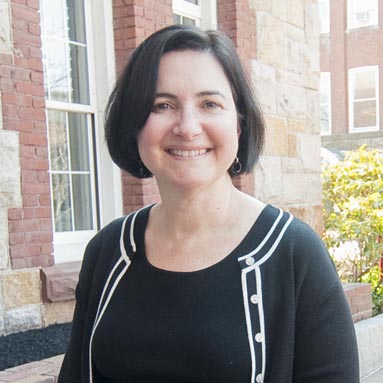
By training, I am a political historian of China and Japan. Coming to WPI has expanded how I view my own research and teaching and what can be done with them. I’ve led WPI’s efforts to build China-related programs for STEM students on campus and off. With like-minded colleagues I helped establish and now direct WPI’s East Asia Hub (formally China Hub), established and co-direct WPI’s Hangzhou and Taiwan Project Centers, and advise the Chinese Studies minor.
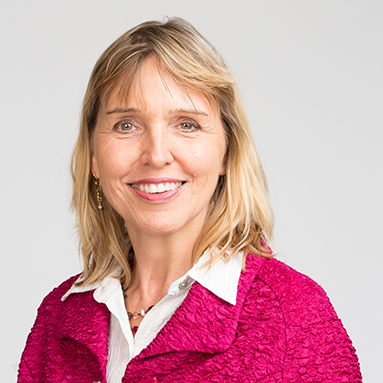
As founding Head of the interdisciplinary Data Science program here at WPI, I take great pleasure in doing all in my power to support the Data Science community in all its facets from research collaborations, and new educational initiatives to our innovative industry-sponsored and mentored Graduate Qualifying projects at the graduate level.
Mahamadou Lamine Sagna has a PhD in Sociology, a degree in Business (financial management) and Ethnopsychiatry. He is the inaugural director of WPI's Africana Studies program, and is an associate researcher at the Laboratory for Social and Political Change (LSCP) at the University of Paris-Diderot. He conducts research on social networks, globalization, money, symbolism of exchanges, poverty and exclusion, and the use of technology and science by economically disadvantaged populations.
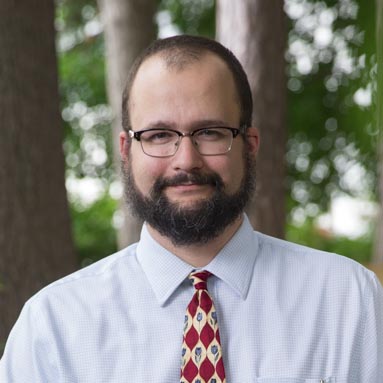
Replacing our crumbling national infrastructure with conventional materials would be only a temporary solution to a critical problem. My research focuses on developing new, more durable materials for use in infrastructure, which will lead to a lowered maintenance burden, improved user safety, and a reduced environmental impact. Personally, the part that I like most about this subject is the chemistry.
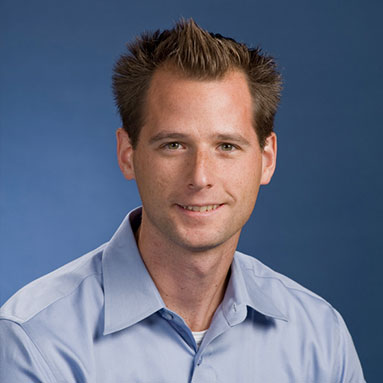
Alexander Smith’s research focuses on altruism, trust, cooperation and honesty. In particular, he is interested in learning how behavior relates to beliefs about the actions of others and how psychology can be used for promoting pro-social behavior. These areas of research provide a better understanding of the factors underlying real-world pro-social behaviors such as volunteering and charitable giving. In essence, they provide insight into how to make the world a better place.

My research is focused in two areas: Organizational aesthetics takes seriously the idea that management is as much an art as it is a science, and applies art-based scholarship and practice to management and organizations. Reflective practice is the ability to analyze our own actions and learn from that how to be more effective, ethical, and artful as managers and leaders. At the heart of my work as a researcher and teacher, is my own practice as a playwright. My plays have been performed in England, France, Poland, Canada, New Zealand, Italy, and the USA.
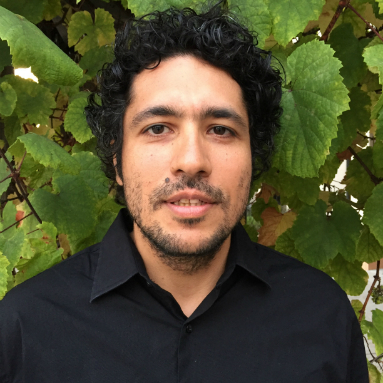
I am an Assistant Professor of Anthropology and Rhetoric. Before joining WPI, I was a postdoctoral fellow at the University of California, Berkeley. My work is animated by an intellectual curiosity with how ideas travel across time and space, and generate diverse practices of acting, seeing, and being in the world. I am especially intrigued by situations in which people come to ask new questions about themselves and others, in ways that require reconsideration of past experiences and imagining of future possibilities.
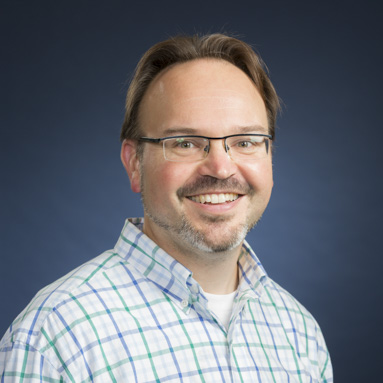
Sharing that “ah hah” moment with a student struggling and suddenly mastering a difficult concept; helping expand the intellectual horizons of an aspiring engineer; tackling and solving problems that challenge the energy, economic, and environmental security with passionate students; sharing my passion for engineering science: these are the reasons that I am a professor of chemical engineering. WPI students understand the importance of translating their engineering talents into technologies and knowledge that benefit others.
Prof. Weathers is an internationally recognized expert on Artemisia annua and artemisinin, having worked with the plant and its phytochemicals including the antimalarial drug, artemisinin, for >25 years. She is a Fellow of AAAS and SIVB, won many awards, given many national and international presentations, reviews manuscripts for many journals and proposals for many national and international funding agencies. She is an Associate Editor for multiple journals. Her lab was the first to genetically transform A. annua.

My research has primarily focused on Internet application performance and measurement with more recent work examining issues related to Internet privacy. This work has led to a number of research publications and presentations as well as visibility in venues such as the New York Times, Wall Street Journal and NPR Science Friday.

Emmanuel Agu is currently a professor in the computer science department at WPI having received his Masters and PhD in electrical and computer engineering at the University of Massachusetts at Amherst. His research interests are in the areas of computer graphics, mobile computing, and wireless networks. He is especially interested in research into how to use a smartphone as a platform to deliver better healthcare.

Navneet Magon Anand is a design strategist, consultant and researcher with a background in Architecture and Sustainability. She is the founder of Design Veritas, a design strategy consultancy and creative studio advocating for human and environmental sustainability and wellbeing. Her research, which focuses on intentional culture design, has a human centered approach beyond the four walls and is built on a core foundation of innovation, sustainability and wellbeing. She is a graduate of McGill University’s School of Architecture and has her MBA in Green Building and Sustainability.

Dr. Crystal Brown earned her Ph.D. in Political Science from the University of Oregon in Comparative Politics, International Relations, and Public Administration. She also has a Master of Public Administration (MPA) from Pennsylvania State University and a certificate in Data Analytics from Harvard University.

I joined WPI in 2011 as a scholar and teacher with training in public health, environmental policy, and international development studies. My research and teaching interests focused on the environment-development nexus, where tensions between sustainability and livelihoods often lead to contentious policy debates.

Robert Krueger is a human geographer whose scholarship and teaching focus on creating sustainable, socially just, improvements to development projects in the global north and south. His work has taken him around the world. He has worked in countries in North America, Europe, Asia, and Africa, on issues of economic development and institutional change. His scholarship and teaching challenge conventional notions of economic development, economy-environment relationships, and social change.

Research in the Mattson Group is a combination of catalyst design, methodology development, and complex molecule synthesis. Our catalyst design program is focused on the synthesis and study of new families of non-covalent catalysts, including boronate ureas and silanediols, that are able to promote new reactivity patterns. The catalyst design and associated reaction development programs are currently geared toward the synthesis of enantioenriched nitrogen and oxygen heterocycles that frequently appear in naturally occurring bioactive compounds.

My areas of expertise in philosophy and social theory are in social and political philosophy, Marxism, global justice, development ethics, and also Critical Pedagogies. I teach philosophy courses, global studies courses, and for the Great Problems Seminars program (currently I co-teach the Seeking Sustainability and the Climate Change courses for this program).

My research is aimed at discovering, understanding and developing advanced materials for a range of applications including solar energy conversion, catalysis, printed electronics, sensors, and functional coatings. Our lab specializes in the synthesis of nanostructured thin film materials using scalable processes. Students and researchers in my lab can expect to work on highly interdisciplinary projects at the intersection of materials science, mechanical engineering, solid state physics, and thermal sciences.

By training, I am a political historian of China and Japan. Coming to WPI has expanded how I view my own research and teaching and what can be done with them. I’ve led WPI’s efforts to build China-related programs for STEM students on campus and off. With like-minded colleagues I helped establish and now direct WPI’s East Asia Hub (formally China Hub), established and co-direct WPI’s Hangzhou and Taiwan Project Centers, and advise the Chinese Studies minor.

As founding Head of the interdisciplinary Data Science program here at WPI, I take great pleasure in doing all in my power to support the Data Science community in all its facets from research collaborations, and new educational initiatives to our innovative industry-sponsored and mentored Graduate Qualifying projects at the graduate level.
Mahamadou Lamine Sagna has a PhD in Sociology, a degree in Business (financial management) and Ethnopsychiatry. He is the inaugural director of WPI's Africana Studies program, and is an associate researcher at the Laboratory for Social and Political Change (LSCP) at the University of Paris-Diderot. He conducts research on social networks, globalization, money, symbolism of exchanges, poverty and exclusion, and the use of technology and science by economically disadvantaged populations.

Replacing our crumbling national infrastructure with conventional materials would be only a temporary solution to a critical problem. My research focuses on developing new, more durable materials for use in infrastructure, which will lead to a lowered maintenance burden, improved user safety, and a reduced environmental impact. Personally, the part that I like most about this subject is the chemistry.

Alexander Smith’s research focuses on altruism, trust, cooperation and honesty. In particular, he is interested in learning how behavior relates to beliefs about the actions of others and how psychology can be used for promoting pro-social behavior. These areas of research provide a better understanding of the factors underlying real-world pro-social behaviors such as volunteering and charitable giving. In essence, they provide insight into how to make the world a better place.

My research is focused in two areas: Organizational aesthetics takes seriously the idea that management is as much an art as it is a science, and applies art-based scholarship and practice to management and organizations. Reflective practice is the ability to analyze our own actions and learn from that how to be more effective, ethical, and artful as managers and leaders. At the heart of my work as a researcher and teacher, is my own practice as a playwright. My plays have been performed in England, France, Poland, Canada, New Zealand, Italy, and the USA.

I am an Assistant Professor of Anthropology and Rhetoric. Before joining WPI, I was a postdoctoral fellow at the University of California, Berkeley. My work is animated by an intellectual curiosity with how ideas travel across time and space, and generate diverse practices of acting, seeing, and being in the world. I am especially intrigued by situations in which people come to ask new questions about themselves and others, in ways that require reconsideration of past experiences and imagining of future possibilities.

Sharing that “ah hah” moment with a student struggling and suddenly mastering a difficult concept; helping expand the intellectual horizons of an aspiring engineer; tackling and solving problems that challenge the energy, economic, and environmental security with passionate students; sharing my passion for engineering science: these are the reasons that I am a professor of chemical engineering. WPI students understand the importance of translating their engineering talents into technologies and knowledge that benefit others.
Prof. Weathers is an internationally recognized expert on Artemisia annua and artemisinin, having worked with the plant and its phytochemicals including the antimalarial drug, artemisinin, for >25 years. She is a Fellow of AAAS and SIVB, won many awards, given many national and international presentations, reviews manuscripts for many journals and proposals for many national and international funding agencies. She is an Associate Editor for multiple journals. Her lab was the first to genetically transform A. annua.

My research has primarily focused on Internet application performance and measurement with more recent work examining issues related to Internet privacy. This work has led to a number of research publications and presentations as well as visibility in venues such as the New York Times, Wall Street Journal and NPR Science Friday.
Have questions?
WPI's dedicated graduate student support team can help.
Graduate Studies Series.
Team members from Graduate & Professional Studies host quick and convenient webinars designed to highlight popular topics when starting grad school. Take a deep dive into specific areas of interest such as how to secure funding, how to ace your application, an overview of student services, and more!
More Information
Are You Considering Which BS to Take before the MS in Science & Technology for Innovation in Global Development?
The BS in Science, Technology & Policy sets the stage for the career you want. You’ll learn to analyze and communicate the complexities of contemporary policy decisions to help policymakers, scientists, and technologists understand the issues and make the most effective decisions.
Looking for a Bachelor’s Degree to Build Your Expertise in Environmental Issues First?
WPI’s BA in environmental & sustainability studies offers the kind of hands-on, project-based research to get you out into the field. You’ll understand the technological and social solutions to help mitigate the human-induced environmental change, among other issues.
Refer a Friend
Do you have a friend, colleague, or family member who might be interested in a WPI graduate program? Click below to tell them about our programs.

